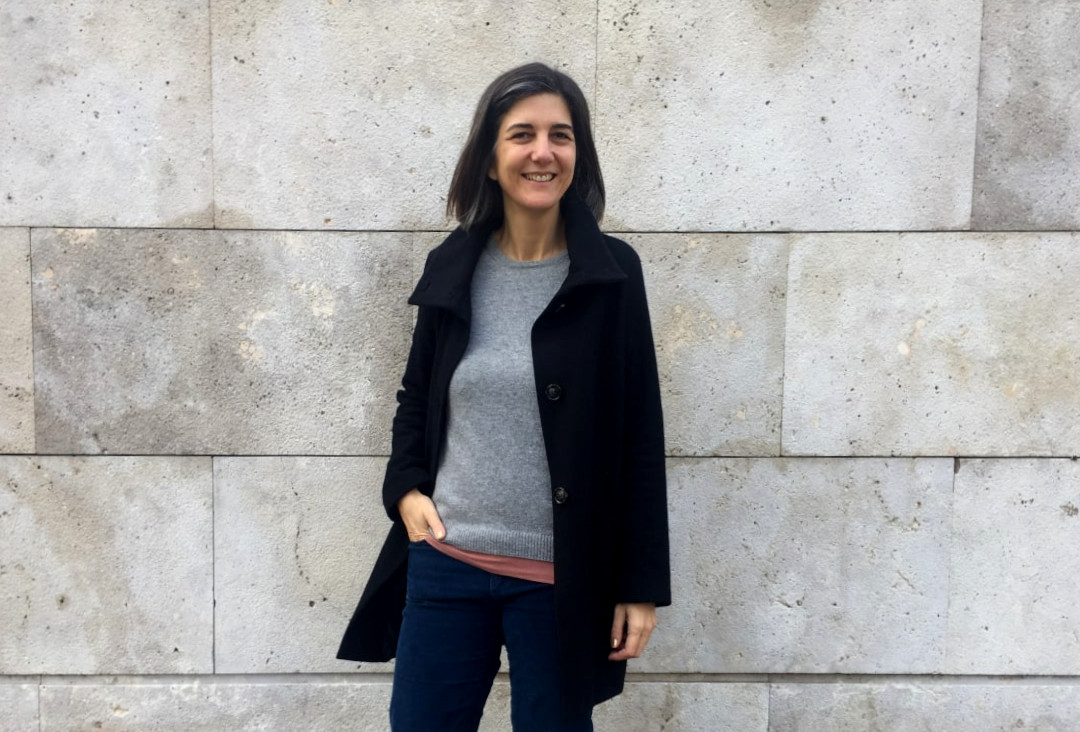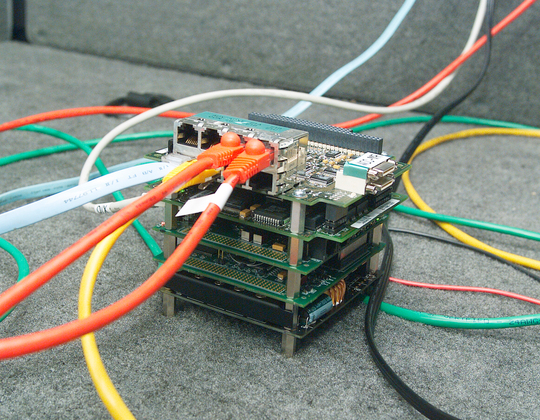
We are very excited after the publication of the Guide “How to organize Deliberative Assemblies by Civic Sortition in high schools” that our colleague Tayrine Dias and our co-founder Olivier Schulbaum have so lovingly developed!
At Fundación Platoniq we are the first to be clear that youth is a fundamental part of society and their participation in politics is essential for the development of a healthy and strong democracy. It is clear to no one that the way in which young people participate has changed over the years and they continue to be an important factor in political decision making. Today, signing online petitions, conscious consumption, graffiti, social media statements, flashmobs, protests and demonstrations are the most visible forms.
This guide focuses on describing the eleven steps to organize a Deliberative Assembly, where young people can participate in a diverse and inclusive way in their high school or living space. The Deliberative Assembly is a space where each participant meets to explore issues relevant to their reality, propose actions or projects, evaluate their advantages and disadvantages, and decide among the proposals presented which ones have the support of the group for future implementation.
Youth participation in politics is essential for the development of a strong and healthy democracy
Dialogue or deliberation, that is the question.
We have already seen, in the interview with Oliver Escobar, that it is important to distinguish between dialogue and deliberation. “The essential difference,” he tells us, “is that dialogue is not about trying to resolve the situation. Dialogue is about exploring and understanding, while deliberation is about resolving. Deliberation is about reaching a decision, which comes from decidere, which means to kill the alternative. So when you make a decision, you choose one among many and kill the others. Now, in dialogue, the pressure of decision making is removed so that people can explore without being pushed to resolve. (…) Unfortunately, too often deliberation is more like a debate than a dialogue, and that’s a problem. The ideal is some form of deliberative dialogue. And we often talk about the D+D model, which consists of a first stage of dialogue, followed by a stage of deliberation. A dialogue stage consisting of relationships of mutual understanding, a deliberation stage, which then, based on those relationships and that understanding, it may be easier to do the hard work of trying to weigh options and find some level of common ground, which is not always possible.”
That said, it should be understood that the Deliberative Assembly proposed in this guide is a space where young people can participate in a diverse and inclusive way in their high school or living space.
Where to start (excerpt)
- How to start fostering and building participatory spaces and a participatory culture among students? From the experience of Democracy in Practice, the lottery methodology can be applied to elect student representatives, taking advantage of existing student government spaces, such as councils, associations or guilds. This can be a preliminary step for the application of the lottery methodology to elect participants from already existing structures, before organizing a Deliberative Assembly by lottery.
- It is important to invest in training time for students chosen by lottery: leadership skills, public speaking, context analysis, dialogue, deliberation and co-design are very useful for young people participating in a Deliberative Assembly or a student government.
- Conducting the lottery with the whole school at the same time can be exciting, but also chaotic. On the other hand, doing it with different parts of the school at different times is more manageable but tends to generate less excitement.
- Those administering the lottery should not be involved in the lottery to ensure a fair process.
- It is a good idea to select additional students to replace assembly members who, for whatever reason, are unable to complete their term of office.
- Count well and record the process: once students have volunteered to enter the drawing to compose the Assembly, make sure they are counted well (or that all the raffle tickets are in the container). Any errors will force a redo of the entire process.
- Avoid cheating: if the raffle method involves students putting their hand in a box, bag, jar, etc., make sure participants roll up their sleeves and clearly demonstrate that their hand is empty, before doing so. If you use a different method of drawing, think creatively beforehand about how someone might try to cheat or rig the process, and take steps to prevent this.
- It is a good idea to inform parents/guardians about the lottery and the Deliberative Assembly, inform them that their student has been selected to participate in it, explain the benefits of this experience, and clarify the responsibilities and commitments they will be making.
A woman observes graphic reactions of students in the assembly debates. Platoniq /ZEMOS98 11. From Antonio Miñán with CC BY-NC-ND license.
Youth participation in politics is essential for the development of a strong and healthy democracy. This guide is committed to a model in which students are not a passive subject of their lives, but invites the school to offer spaces that give them the possibility of having a voice and a vote in some of the decisions that are made within it. We know that many times the organization of the school itself does not allow for innovations or spaces for shared decision-making, but at the same time we know that we cannot foster a culture of empowerment without physical spaces for empowerment.
Download it and organize your assembly
If you want to organize a citizen dialogue or citizen assembly in your high school, neighborhood or plaza, contact us at info@platoniq.net and we will do it together!
*Note: updated version of the article: How to organize Deliberative Assemblies by Civic Sweepstakes in high schools, published in Wilder Journal #1.




